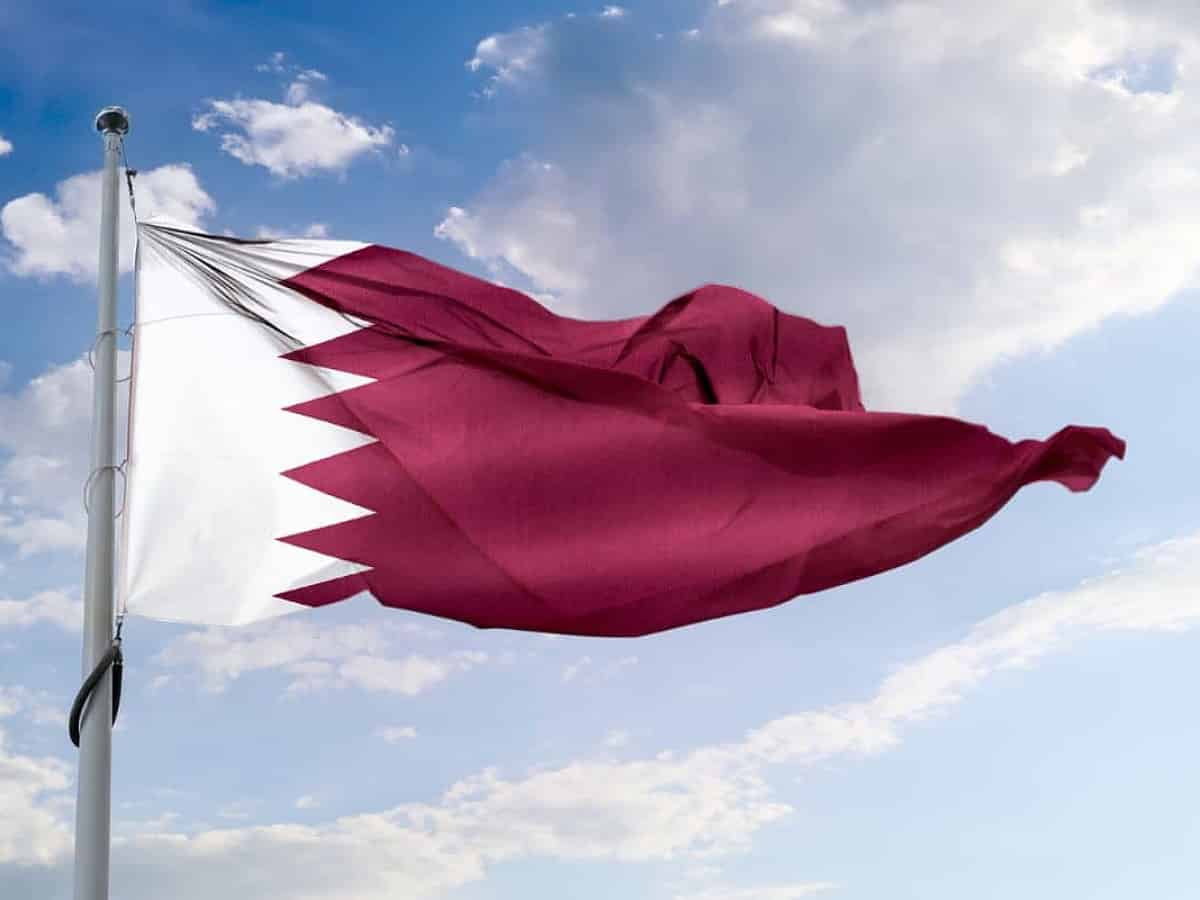
New Delhi: Qatar was instrumental in facilitating talks between the US and the Taliban that culminated in the 2020 Doha Accord and led to the US withdrawal from Afghanistan in 2021.
Ongoing mediation efforts in Lebanon, Libya, Chad, Venezuela, and Palestine are also positioning the small Gulf nation as a diplomatic heavyweight with expanding geopolitical influence, as per a recent article published in Middle East Council on Global Affairs.
Mediation has long been a cornerstone of Qatar’s foreign policy – a key strategy by which the country garners outsize prestige within the international system, while hedging its bets and maintaining ties with a wide range of actors.
Doha has made itself indispensable to Washington as a go-between with various states and non-state parties, including Iran and the Taliban, the article said.
This strategy arguably took a hit in 2017 when Saudi Arabia and the United Arab Emirates imposed a three-and-a-half-year blockade on Qatar, leading the country to temper its efforts abroad even after the blockade ended in 2021.
But its more recent engagements show that Doha can still punch above its weight by mediating conflicts and alleviating tensions in the Middle East and beyond, the article said.
Qatar’s ability to speak to all sides in the current conflict seems to have paid off with the potential release of hostages in Gaza, DW reported.
The announcement of a possible “humanitarian pause” in the Gaza Strip can be considered a triumph for the small Persian Gulf nation of Qatar, the report said.
The Qatari Foreign Ministry put out a statement announcing a four day “pause” during which all sides — the Israeli military, the militant Hamas group and Hezbollah’s armed wing in Lebanon — would agree to stop fighting.
Previously, even Israel’s national security advisor Tzachi Hanegbi had praised Qatar’s role, writing on social media that “Qatar’s diplomatic efforts are crucial at this time”.
But not everyone is so pleased with the small Gulf state. Some commentators said negotiators should have tried harder to secure the release of more hostages. Others argued that because Qatar has been home to Hamas’ political leadership since 2012, it was somehow complicit in Hamas’ attacks, DW reported.
Experts agree that Qatar is walking a fine line when it comes to its foreign policy, playing the “Switzerland of the Middle East” and keeping doors open to all comers.
“Qatar’s role is particularly sensitive because the emirate has been relying on being an intermediary for well over two decades now,” Guido Steinberg, a senior associate at the German Institute for International and Security Affairs, said.
In the past, Qatar has also acted as an interlocutor between the international community and the Taliban in Afghanistan (who also have political offices in Doha), between the US and Iran, and even Russia and Ukraine.
It also hosts the largest US military headquarters in the Middle East, al-Udeid Air Base, which played a significant role in evacuations from Afghanistan in 2021. This led to Qatar being described as ‘major non-NATO ally’, DW reported.
In the recent past, Qatar was spending an estimated $30 million a month on Gaza. But the arguments around this money are yet another example of how fraught Qatar’s role is when it comes to Palestinians and Hamas.
Some have suggested Qatari money subsidizes Hamas’ military wing and is used for nefarious purposes. Hamas has ruled the enclave since 2007 and also manages payments for the civil administration of Gaza, DW reported.
For many years the Qataris have served as a diplomatic bridge between various actors in the region, which, for political reasons, would not be able to easily engage each other in direct talks, The New Arab reported.
This has been evident in many instances, including the West’s engagement with the Taliban, which manifested in the Doha Agreement of 2020, the September 2023 Iran-US prisoner swap, as well as talks in Qatar between factions involved in conflicts in Lebanon and Sudan during the 2000s.
It is no secret that Hamas has a political office in Doha, with the group’s exiled leadership moved to Doha after leaving Damascus in 2012 following Hamas’ falling out with the Syrian regime at the Arab Spring’s outset, The New Arab reported.
Many neo-conservative voices in Washington have lashed out at Qatar for its relationship with the Palestinian group. Yet, an important fact to bear in mind is that it was the US which requested the opening of this Hamas office in the gas-rich emirate.
Qatar has long used Hamas’ status in Doha as a means to serve as an intermediary between the US and Israel, on one side, and Hamas, on the other, The New Arab reported.
Through Qatari backchannels, Hamas and Israel agreed to ceasefires which ended their previous armed conflicts in 2014, 2021, and 2022.
Many countries in the Middle East aspire to the role of mediators – Egypt, Oman and Kuwait among them – but Qatar presents itself as the region’s primary problem solver and advocate of dialogue. It has been active in Ukraine, Lebanon, Sudan, Iran, Afghanistan and Gaza, in the process hosting the leadership of the Taliban and the political wing of Hamas among others, The Guardian reported.
Observers say Qatar takes on this role since as a small but fabulously wealthy country built on vast supplies of liquid gas, it needs to make itself indispensable to the international community and be protected from unwelcome interventions by its larger neighbours, Saudi Arabia and the United Arab Emirates.
The 2017-2021 boycott of Qatar led by Saudi Arabia showed it has good reasons to be fearful, The Guardian reported.



